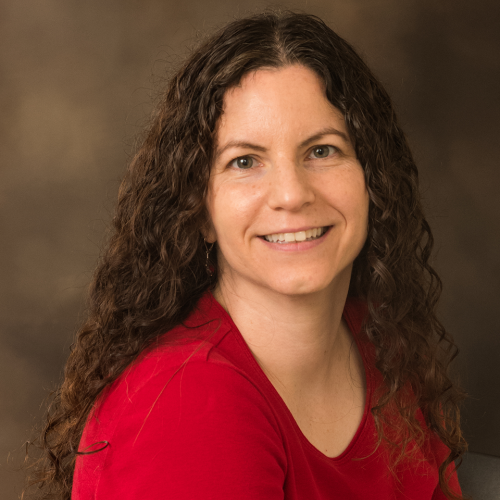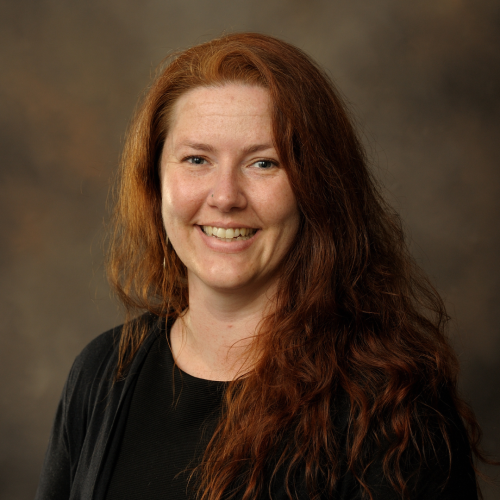Associate Professor Rachel Adler and Teaching Assistant Professor Jill Naiman have been selected for the 2024 National Institutes of Health (NIH) Grant Writing Series program in the Interdisciplinary Health Sciences Institute (IHSI). Led by faculty who have demonstrated a history of success with NIH proposals, the biennial NIH Grant Writing Series is designed to prepare Illinois faculty to submit their first R01 or other individual investigator proposals to the NIH.
Selected participants attend six weekly lecture/discussion sessions addressing various aspects of the submission process, followed by a peer review workshop. Loosely modeled after a study section with the cohort acting as reviewers, the workshop allows participants to experience being on a review panel while receiving peer feedback for their Specific Aims page. With the mentorship of an experienced faculty member throughout the program, each participant writes and compiles an advanced draft of an NIH proposal that has been reviewed by their peers and faculty mentor.
Applicants are nominated by a dean, department head, or director and chosen by the NIH Grant Writing Series Selection Committee. Early-career faculty are selected based on demonstrated level of need, anticipated benefits of completing the program, how likely they will be engaged, and if they will be actively working on an NIH proposal during the program. The Selection Committee strives to select from a range of disciplines and backgrounds based on personal statements from the nominees and recommendations of the nominator.
Adler's research interests are in human-computer interaction, accessibility, and computer science education. She is particularly interested in designing applications for and with people with disabilities. She earned her PhD in computer science from the Graduate Center of the City University of New York.
Naiman teaches and researches methods for efficient and engaging data visualization in technological fields. She earned her PhD in astronomy and astrophysics from the University of California, Santa Cruz.

